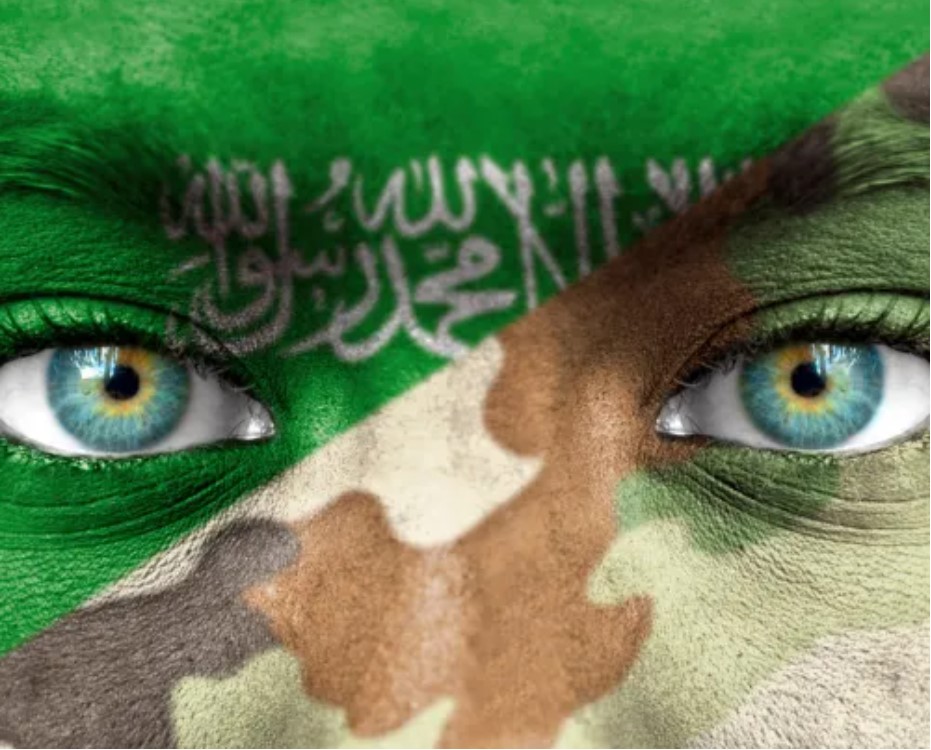In a surprising turn of events, renowned Middle East journalist Tom Friedman, known for his Pulitzer Prize-winning coverage, brought attention to a potential Saudi peace initiative in March 2002. While this revelation raised hopes of a breakthrough, it also contradicted Saudi Arabia’s longstanding anti-Israel stance within the Arab League. Friedman’s reportage offered a fresh perspective, especially amid the backdrop of ongoing violence and terror attacks in the region.
However, deeper examination of the Arabic version of the Saudi initiative revealed a more complex picture. Prof. Itamar Rabinovitch, an influential figure in the Israeli peace camp and a former Mossad official, shed light on the actual content of the refugee clause in the initiative. Rabinovitch’s analysis pointed out that the final draft explicitly demanded the “right of return,” negating the perceived flexibility that the initial statement held. This demand, rooted in UN Resolution 194, effectively calls for the return of Arab refugees from the 1948 war, backed by a staggering budget allocated for UNRWA refugee camps.
It’s crucial to note that 58% of UNRWA’s budget goes towards supporting an educational system that has been criticized for its failure to promote peace. A review of more than 1,000 UNRWA textbooks by David Bedein’s research agency unveiled a concerning lack of peaceful discourse.
Despite these revelations, Friedman’s credibility didn’t seem to wane. Instead, he returned with further misinformation, including silence regarding Saudi Arabia’s substantial funding of Palestinian education, particularly in relation to anti-Israel activities. Saudi-sponsored UNRWA summer camps, commemorating Arab martyrs who engaged in violence against Jews, have further fueled concerns about the intentions behind such support.
Bedein’s research agency even went a step further, dispatching TV cameras to capture UNRWA summer camps funded largely by Saudi Arabia. The resulting documentary, set to be screened at The Menachem Begin Center in Jerusalem on September 3rd, 2023, casts light on the murky undercurrents of Saudi funding for Palestinian education.
The revelation of Saudi Arabia’s dual face – one presenting a façade of peace while fueling anti-Israel activities – raises significant questions about the authenticity of potential peace initiatives. As debates continue, the ongoing support from entities like UNRWA and its implications for the region’s stability remain subjects of intense scrutiny.
The opinions and facts presented in this article / video are those of the author, and neither TheJ.Ca nor its partners assume any responsibility for them.









